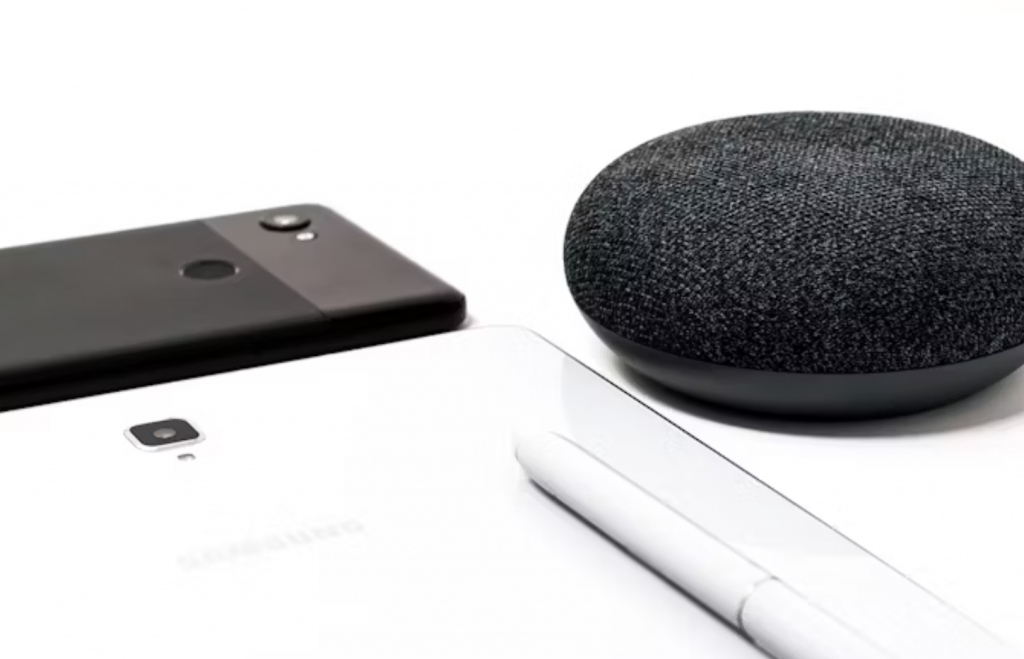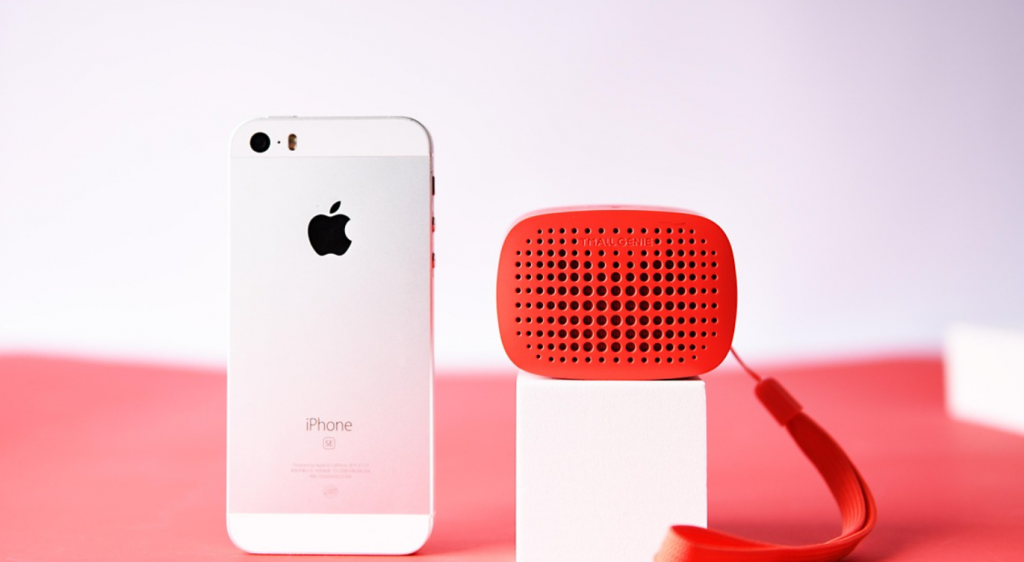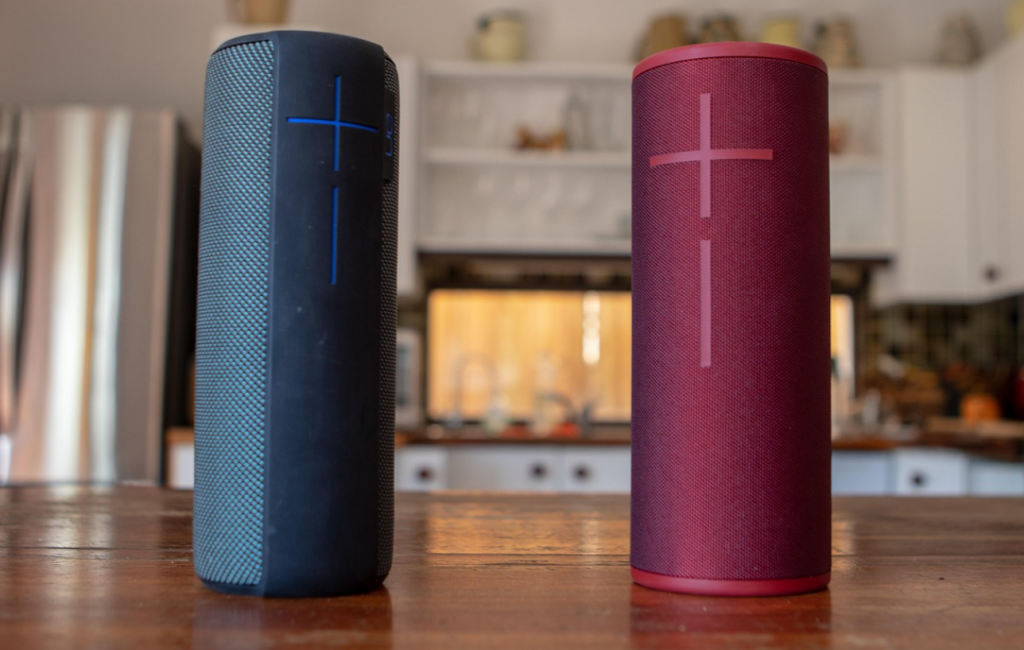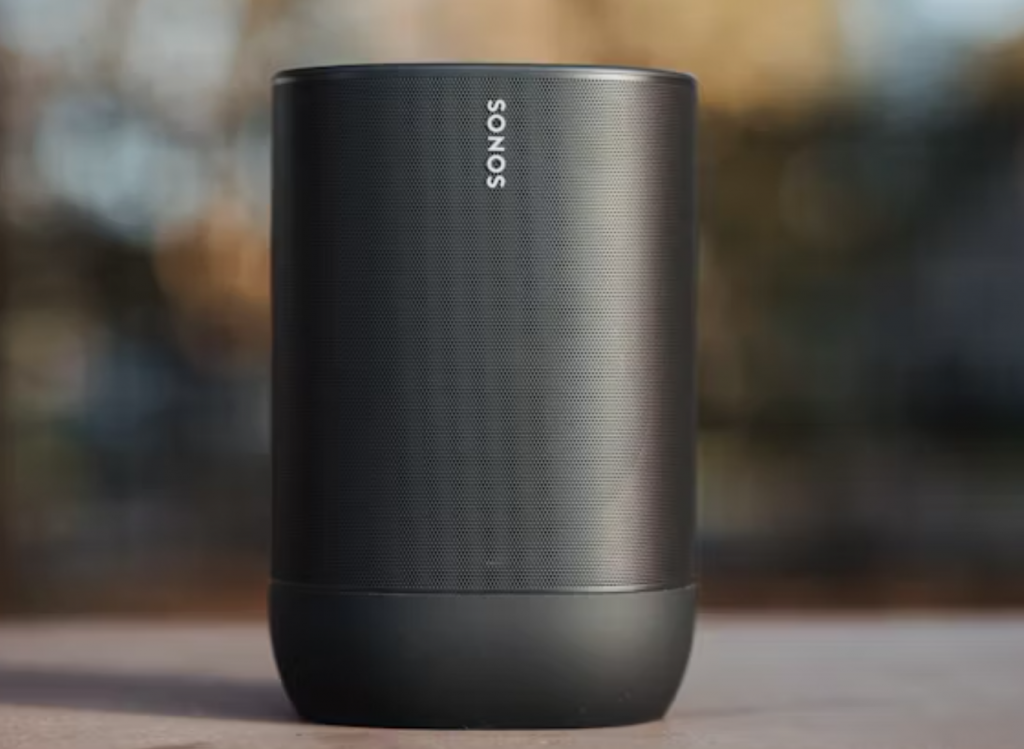H1: Google Nest vs. Amazon Echo: Smart Speaker Face-Off
In the battle of smart speakers, Google Nest and Amazon Echo are two of the most popular contenders. Both offer powerful voice assistants, seamless integration with smart devices, and advanced features, making it tough for consumers to choose between the two. This article dives deep into a detailed comparison of the Google Nest and Amazon Echo, breaking down their key features, performance, privacy considerations, and which one might be the best fit for your needs.
H2: Introduction
Smart speakers have become an essential part of modern homes. These devices do more than just play music—they help control your home’s lights, thermostat, and even make shopping easier. With the rise of tech giants like Google and Amazon, consumers are left to choose between two leading smart speaker brands: Google Nest and Amazon Echo. But which one is better?
This article compares the Google Nest and Amazon Echo on multiple fronts, including design, sound quality, voice assistant capabilities, and smart home integration. Whether you’re a casual user or a tech enthusiast, you’ll find everything you need to make an informed decision.
H3: The Smart Speaker Market Today
Before diving into the specifics, let’s take a quick look at the current smart speaker market. Over the past few years, smart speakers have moved from niche products to household staples. Amazon Echo, with its Alexa voice assistant, and Google Nest, powered by Google Assistant, have become the top two players in this market. Both companies offer a range of models that cater to different needs, from budget options to premium devices with high-end features.
H2: Key Features Comparison
Now, let’s compare the two brands on their most important features.
H3: Design & Build Quality
The design of your smart speaker plays a significant role in how it fits into your home. Amazon Echo speakers have a more utilitarian design, with cylindrical bodies that look minimalistic but a bit more industrial. The most recent Echo models feature fabric covers that give them a more modern and stylish look. On the other hand, Google Nest speakers are sleek and tend to blend in with home decor more effortlessly, particularly with their circular designs and premium materials.
In terms of build quality, both brands offer durable and well-constructed products. However, Google Nest devices often feel a bit more premium due to their smooth finishes and attention to detail.
H3: Sound Quality
Sound quality is a key differentiator between these two brands, especially for those who use their smart speakers primarily for music. Amazon Echo offers models like the Echo Studio, which delivers powerful sound with deep bass and clear treble. On the other hand, Google Nest’s sound quality, while solid, doesn’t quite reach the same level as Amazon’s top-tier models.
If you’re an audiophile, Amazon Echo might be your choice, as it provides better overall audio performance across most of its range.
H3: Voice Assistants
When it comes to voice assistants, the Google Assistant and Amazon Alexa are both highly capable, but they excel in different areas. Google Assistant is known for its superior search capabilities, which come from Google’s vast knowledge base. If you frequently ask questions that require in-depth answers, Google Assistant often provides more accurate and detailed responses.
On the other hand, Alexa has a stronger presence in the smart home domain. Alexa supports a wider range of third-party smart devices, making it a better choice for users looking to control various smart gadgets.
H3: Smart Home Integration
Both Google Nest and Amazon Echo offer integration with a wide range of smart devices. However, Amazon Echo has historically led in this area. With Alexa, you can control lights, thermostats, cameras, and more from a variety of brands, making Echo the go-to device for those looking to build a smart home ecosystem.
That said, Google Nest is no slouch. It integrates well with Google Home devices and works smoothly with Nest cameras, thermostats, and doorbells. While it may not have the same breadth of third-party integrations as Alexa, it offers solid performance within the Google ecosystem.
H3: Price and Value for Money
In terms of pricing, both companies offer a wide range of options. Amazon Echo products tend to be more affordable, with budget models like the Echo Dot offering great value for money. Google Nest speakers are similarly priced, with the Nest Mini being an entry-level device that competes well with the Echo Dot.
Overall, both devices offer excellent value depending on your budget, but Amazon Echo tends to offer more budget-friendly models without compromising too much on features.
H2: Performance and Usability
Let’s now talk about how these devices perform in everyday use.
H3: Setup and Installation Process
Setting up either the Amazon Echo or Google Nest is straightforward. Both require you to download their respective apps (Alexa or Google Home) and follow a simple setup process. The apps guide you step-by-step, from connecting the device to your Wi-Fi network to customizing your settings.
While the setup process for both devices is user-friendly, Google Nest tends to be a bit smoother due to its minimalistic approach.

H3: Everyday Use and Interaction
In daily use, both Google Nest and Amazon Echo respond quickly and accurately to voice commands. Google Assistant tends to be better at understanding complex requests or follow-up questions, while Alexa excels in executing smart home tasks, like turning on lights or adjusting your thermostat.
H3: Multi-Room Audio Support
Multi-room audio is another feature where both brands shine. With Amazon Echo, you can pair multiple Echo devices to create a synchronized sound system across your home. Similarly, Google Nest allows you to link multiple devices, including Google Nest Minis and Google Home speakers, to create a similar multi-room setup.
H2: Security and Privacy Concerns
Both Google Nest and Amazon Echo have faced scrutiny over user privacy and data collection practices. Both brands collect voice data to improve their services, which can raise concerns for some users.
H3: Data Collection Practices
Amazon Echo collects data from your interactions with Alexa, such as voice recordings and usage patterns. While Amazon gives users the option to delete these recordings, the company’s data collection practices are more extensive than Google’s.
Google Nest also collects data, but Google’s reputation for protecting user privacy is generally stronger. Users can control the data they share with Google Assistant through settings in the Google Home app.

H3: Privacy Controls
Both companies allow users to review and delete their voice history, but Google offers more granular control over how your data is used. Google’s privacy settings are easier to navigate, which may make it a better choice for those who are privacy-conscious.
H2: Ecosystem and Compatibility
H3: Google Nest Ecosystem
Google Nest works seamlessly with the Google Home ecosystem, offering tight integration with Google services like Gmail, Calendar, and YouTube. It’s also compatible with smart home products from other manufacturers, though it supports fewer third-party integrations compared to Amazon.
H3: Amazon Echo Ecosystem
Amazon Echo is at the heart of Amazon’s smart home ecosystem. With Alexa, you can control a wider range of devices and services, from home security cameras to streaming services. Echo integrates deeply with Amazon services like Prime Video and Amazon Music, making it an excellent choice for Amazon customers.
H2: Which One is Right for You?
Both Google Nest and Amazon Echo offer unique advantages depending on your needs. Let’s break it down:
H3: Budget-Friendly Choices
If you’re on a budget, Amazon Echo tends to offer better value, especially for entry-level models like the Echo Dot. You get a robust set of features at an affordable price.
H3: Advanced Features for Enthusiasts
For tech enthusiasts looking for advanced features, Amazon Echo provides greater smart home integration and supports a wider variety of third-party devices.
H3: Best for Privacy-Conscious Users
If privacy is your main concern, Google Nest may be the better choice. Google offers more control over your data and has a stronger track record for privacy.
H2: Conclusion
In the face-off between Google Nest and Amazon Echo, there’s no clear winner—it all depends on your preferences. Amazon Echo excels in smart home integration and sound quality, while Google Nest offers a more seamless experience for Google users and better privacy controls. Ultimately, both offer excellent features that make them great additions to any smart home.

H2: FAQs
Q1: Which is better for music, Google Nest or Amazon Echo?
A1: Amazon Echo generally provides superior sound quality, especially in higher-end models like the Echo Studio.
Q2: Can I use Google Nest and Amazon Echo together?
A2: Yes, you can use both devices in the same home, but they won’t be able to directly communicate with each other.
Q3: Is Google Nest better for privacy?
A3: Google Nest offers more control over your data and privacy settings, making it a better option for privacy-conscious users.
Q4: Which voice assistant is better, Google Assistant or Alexa?
A4: Google Assistant excels at answering complex queries, while Alexa is better for smart home control and third-party integrations.
Q5: Can I control my smart home with both devices?
A5: Yes, both devices can control smart home devices, but Amazon Echo has more extensive third-party compatibility.



